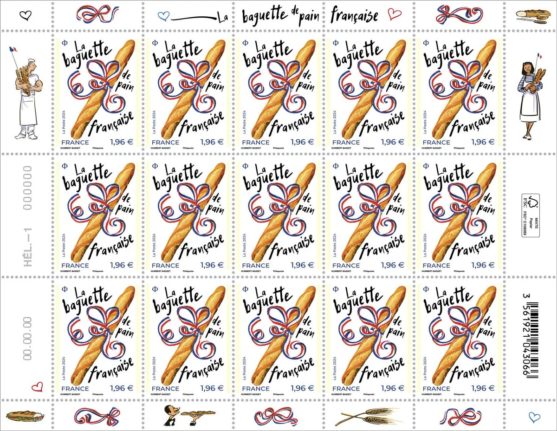France has two sales periods – one in summer, one in winter – and the rest of the time discounts and special offers are strictly limited.
While you might be able to get a deal at other times, the best bargains are reserved for the period of les soldes, when retailers are allowed to sell items at below cost price.
For reason, the government-mandated sales periods are keenly anticipated.
Winter 2024
This year, the sales begin on Wednesday, January 10th in most of France, and run until Tuesday, February 6th.
They are progressive, so items will be continuously marked down as the soldes wear on. If you wait, you are risking that the item you have your eye on might sell out, but if you’re lucky it might end up marked down even further.
The sales start at the same time across most of mainland France, but there are exceptions for overseas France and certain départements, usually those along the border.
France’s finance ministry allows for the sales to start at different times based on local economies and tourist seasons.
In Meurthe-et-Moselle, Meuse, Moselle and Vosges the sales began on Monday, January 2nd and will run until Sunday, January 29th.
In France’s overseas territories the sales periods are often completely different – for example the islands of Saint-Barthélemy and Saint-Martin have their sales in May.
What is a ‘sale’?
Technically, the soldes are the only time that stores are allowed to have sales, but the definition of ‘sale’ is important – the French government qualifies a ‘solde’ as the store selling an item for less than they purchased it for.
During the rest of the year discounting is allowed in certain circumstances, so you might see promotions or vente privée (private sales, usually short-term events aimed at regular customers or loyalty-card holders) throughout the year.
In these situations the stores might be selling items for less than their original price, but they are not permitted to sell the item for less than they bought it for.
Shops are also permitted to have closing-down sales if they are shutting down, or closing temporarily for refurbishment.
Government regulation
Everything from how long les soldes go for to the consumer protection rules that apply to the very definition of ‘sale’ is regulated by the French government, and the main purpose of this is to protect small independent businesses which might not be able to offer the same level of discounts as the big chains and multi-national companies.
Whether you shop in person or online, the same rules apply.
As a consumer, you still have the same rights as non-sales times regarding broken or malfunctioning items – meaning you ought to be entitled to a refund if the item has not been expressly indicated as faulty. The French term is vice caché, referring to discovering a defect after purchase.
On top of that, stores must be clear about which items are reduced and which are not – and must display the original price on the label as well as the sale price and percentage discount.
READ MORE: Your consumer rights for French sales
History
France’s soldes started in the 19th century, alongside the growth of department stores which needed to regularly renew their stock and get rid of leftover items.
Simon Mannoury, who founded the first Parisian department store “Petit Saint-Thomas” in 1830, came up with the idea.
Funnily enough, this department store actually is the ancestor for the famous department store Le Bon Marché. His goal was to sell off the previous season’s unsold stock in order to replace it with new products.
In order to do this, Mannoury offered heavy discounts to sell as much merchandise as possible in a limited time.
Tax rebates
If you are resident outside the EU, you might be eligible for a tax rebate on your sales purchases.
If you spend at least €100 in one store, then you qualify. You should hold onto your receipt and tell the cashier you plan to use a tax rebate so they can give you the necessary documentation (a duty-free slip).
Then when you are leaving you can find the kiosk at the station or airport dedicated to tax rebates (détaxe) and file prior to leaving France.



 Please whitelist us to continue reading.
Please whitelist us to continue reading.
Member comments